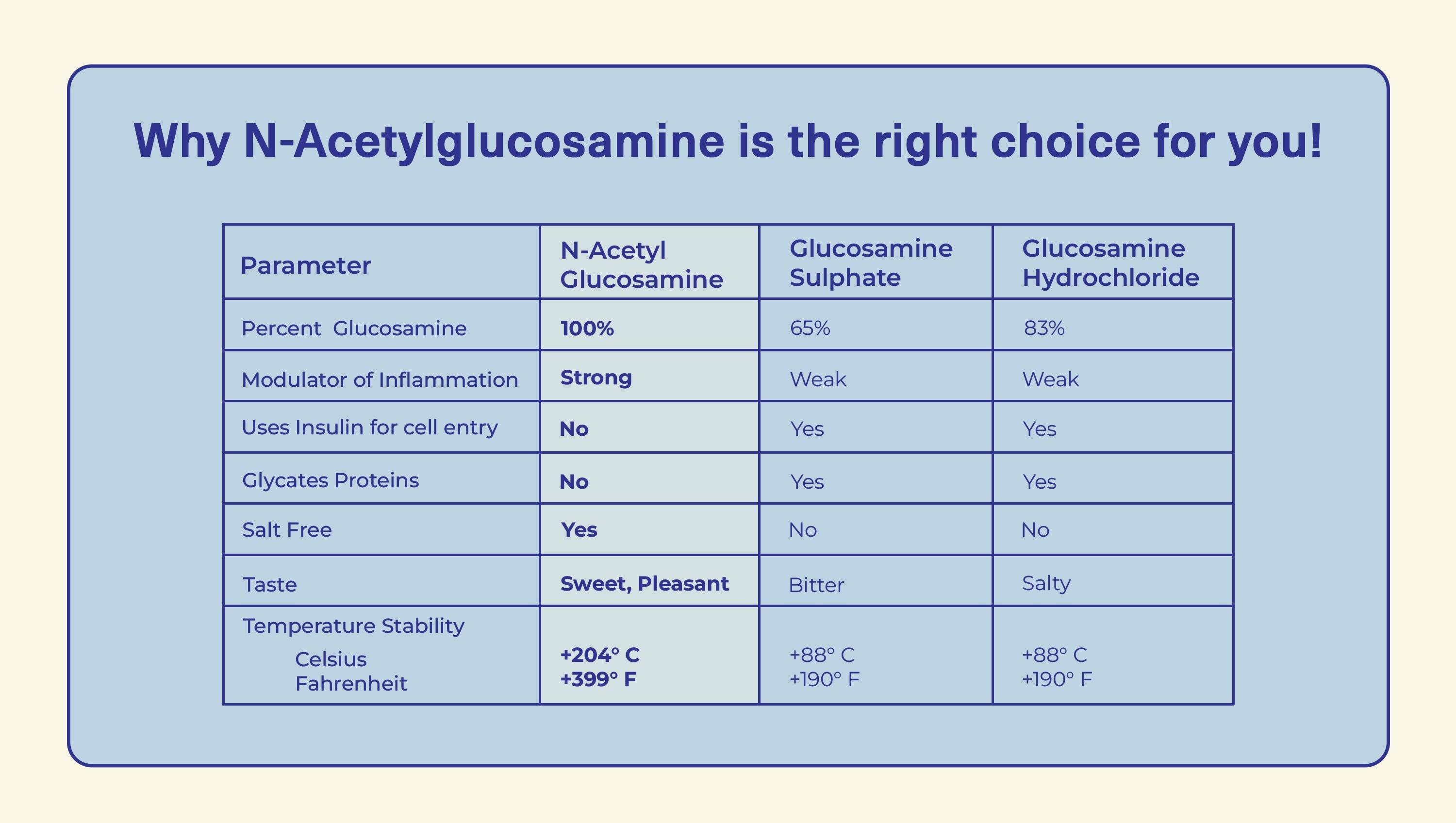

· De Pooja Kukreja
Crohn's Disease: Understanding the hereditary aspects
If you're reading this, it's likely that you or someone close to you is dealing with Crohn's disease. It's a tough journey, but understanding what you're up against can make all the difference. So, let's break down what Crohn's disease is, its genetic components, risk factors, and more.
What is Crohn's Disease?
Crohn's disease is a type of inflammatory bowel disease (IBD) that causes inflammation in the lining of your digestive tract. This inflammation can lead to symptoms, including abdominal pain, cramps, bloody stools, persistent diarrhea, fatigue, and weight loss. Over time, these symptoms can result in malnutrition, making it even harder for your body to cope.
One of the most challenging aspects of Crohn's is its unpredictability. The disease can affect any part of the digestive tract, from the mouth to the anus, but it most commonly targets the small intestine and the beginning of the large intestine. This variability means that symptoms can differ widely from person to person, making each case unique.
The Genetic Connection
You might be wondering, "Why me?" or "Why my loved one?" Well, there's a significant genetic component to Crohn's disease. If someone in your family has Crohn's, your chances of developing it go up. In fact, around 20% of people with Crohn's have a close relative, such as a parent or sibling, who also has some form of IBD.
This familial connection suggests that certain genetic factors predispose individuals to Crohn's. Scientists have identified several genes associated with the disease, but the exact mechanism is still being unravelled. It's a complex interplay between genetics, the immune system, and environmental triggers.
Risk Factors
Several risk factors can increase the likelihood of developing Crohn's disease:
- Family History: If both parents have IBD, the risk for their children goes up significantly.
- Environmental Triggers: Certain environmental factors might trigger an abnormal immune response, leading to inflammation in the digestive tract. These triggers can include diet, smoking, and stress.
- Overactive Immune System: Crohn's is often an autoimmune disease, meaning the immune system mistakenly attacks the body's own tissues. In this case, bacteria in the digestive tract can trigger a persistent inflammatory response, causing widespread gastrointestinal inflammation.
Living with Crohn’s Disease
Living with Crohn’s can be incredibly challenging. The symptoms can be relentless and unpredictable. It’s not just about managing the physical pain; the emotional and mental toll can be equally taxing. The fatigue alone can make everyday tasks feel insurmountable. But there are ways to manage the condition and improve your quality of life.
Treatment plans typically include a combination of medications to reduce inflammation and control symptoms. In some cases, surgery might be necessary to remove damaged sections of the digestive tract.
Diet and lifestyle changes also play a crucial role. Keeping a food diary can help identify trigger foods that exacerbate symptoms. Many people with Crohn's find that a diet low in fiber during flare-ups can reduce discomfort, while others benefit from specific diets like the low-FODMAP diet.
Emotional Support
It's essential to address the emotional and psychological aspects of living with Crohn’s. Support groups, both online and in-person can provide a sense of community and understanding. Sharing experiences with others who are going through the same thing can be incredibly comforting.
The good news is that research into Crohn's disease is ongoing. Scientists are continually working to better understand the genetic and environmental factors that contribute to the disease. For now, managing Crohn's disease involves a multifaceted approach that includes medical treatment, dietary adjustments, and emotional support. It's a journey, but with the right tools and support, it's a journey you don't have to take alone.
If you or someone you know is struggling with Crohn's disease, remember that there are resources and communities out there to help. Reach out, stay informed, and take care of yourself. Every step you take towards understanding and managing the disease is a step towards a better quality of life.



